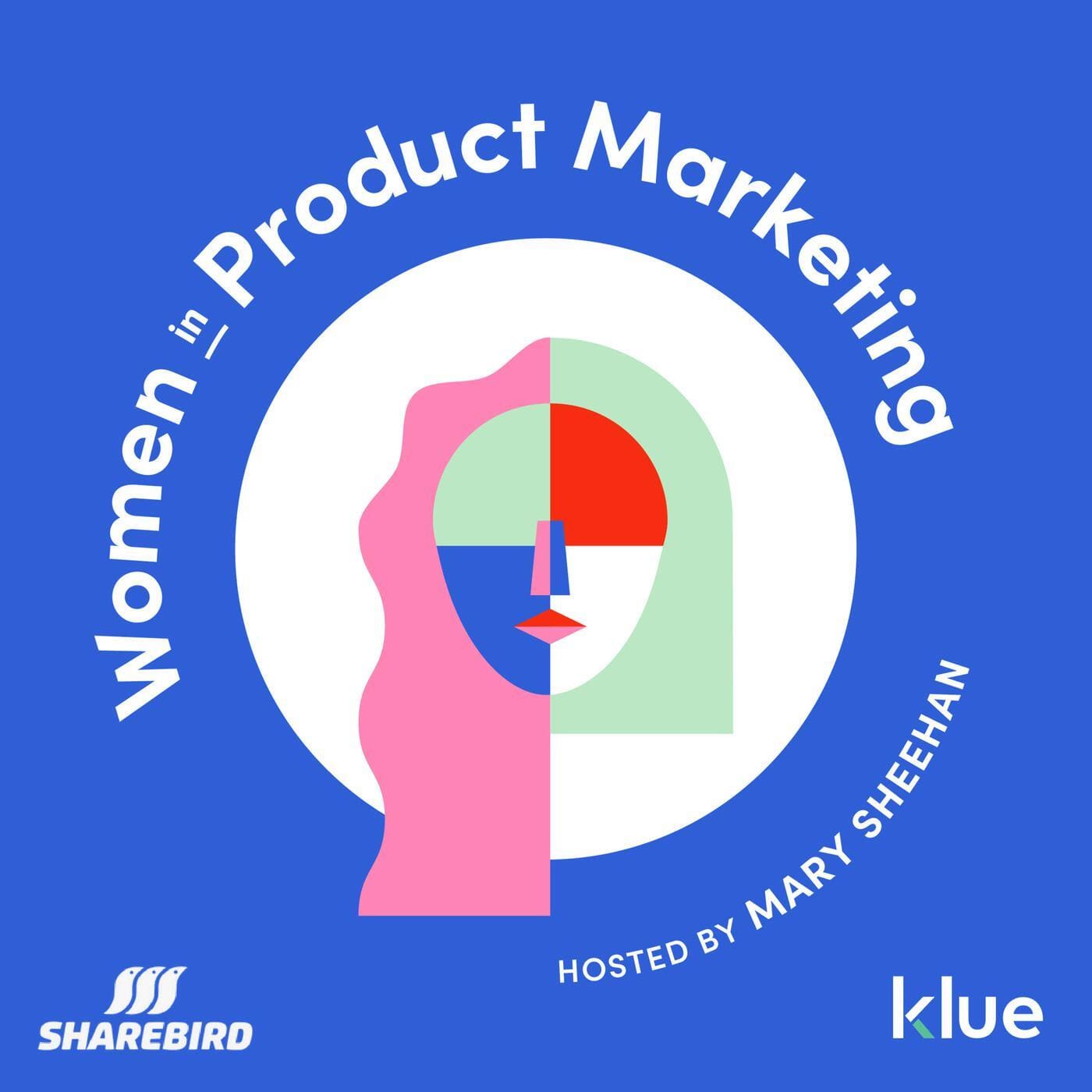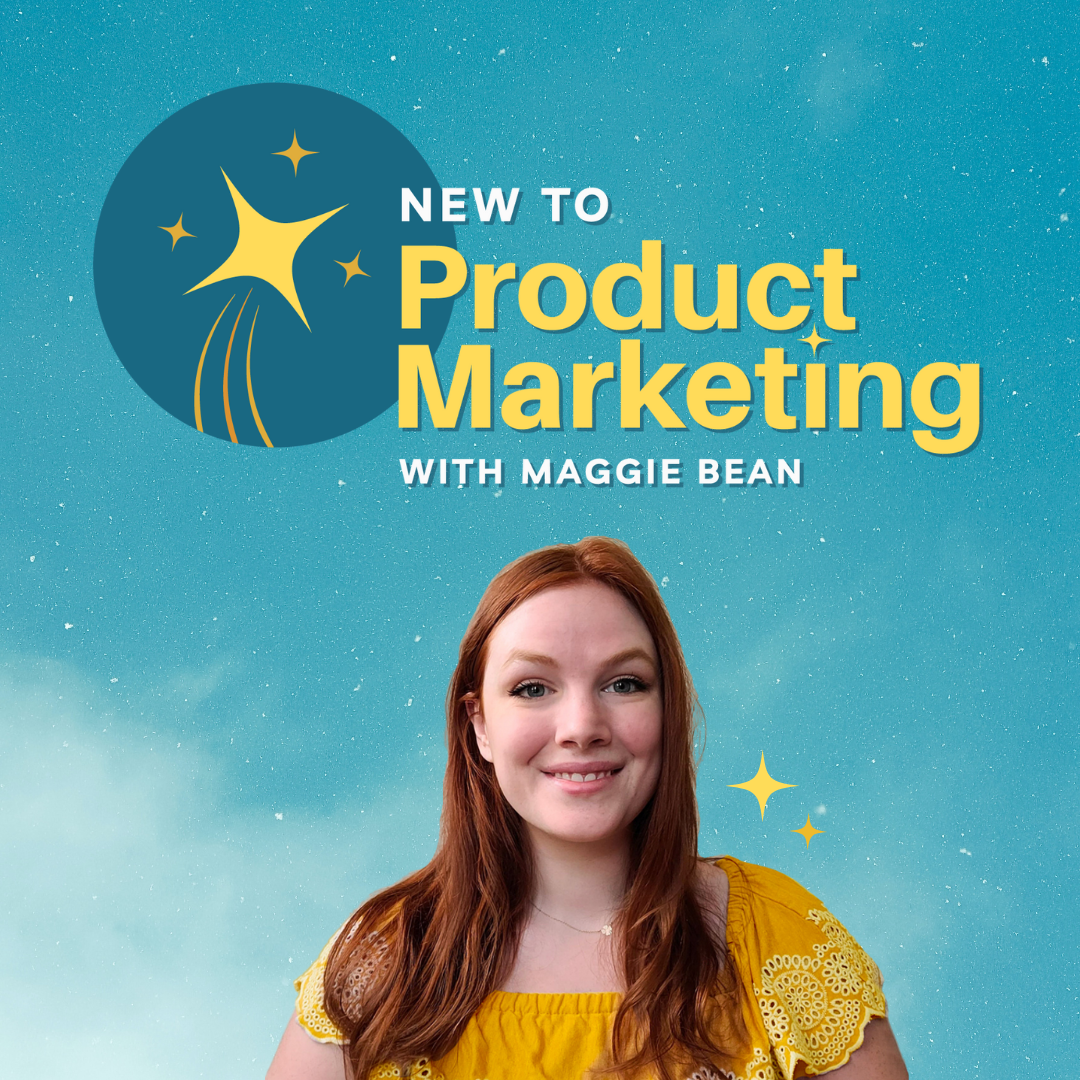Competing in Uncertainty | Tim Rhodes, Apprize360 & Brandon Bedford, Klue
The Sparknotes
In challenging economic environments, enable your customer-facing teams with the answers to ‘why change?’ and ‘why us’?
“In times of market uncertainy, we see an increase in losses to the incumbent solution — almost double.”
When the world feels complex and uncertain, companies choose simplicity.
This creates an environment where prospects are likelier to opt against making big changes. Resulting in more deals lost to no decision, and more losses against incumbents.
For compete pros like Tim Rhodes and Brandon Bedford, competing in challenging economic environments forces them to expand their enablement efforts.
“There’s this shift towards a greater focus on ‘why change’ at all…A lot of enablement we’re doing right now is around that piece.” – Brandon Bedford
In practice this means more enablement for customer-facing teams — especially customer success.
Tim goes so far as to create a “champion kit” to enable his CSMs.
“[The kit] automatically answers the question not only ‘why change’, but ‘why us’.” – Tim Rhodes
Tighter budgets and stormy economic clouds will make companies less likely to make a change.
That’s why compete professionals need to redouble their enablement efforts towards making the case for change.


Don’t shy away from communicating bad news in your intel digest, but frame it positively
“Different teams view intel through different lenses. I have to manage those lenses and create messaging that is relevant for everyone but doesn’t mince words.”
Your competitive intelligence newsletter is one of the most crucial channels for communicating competitor intel.
But would you ever hold back on sharing information, given the anxiety-inducing realities of living through economic turmoil?
For instance, a competitor releases a product update that objectively puts them ahead of you. The perceived negative impact of that product release can reverberate through the organization.
In a newsletter or not, you have to directly address important competitor intel. The nuance is in framing that intel, according to Brandon:
“I always leave it with a positive: here’s what we’re doing about it, either from our own product really standpoint or from an enablement and positioning standpoint. There is always that layer of how to frame a product release and how to how to really leverage that in a deal cycle.”
Brandon adds that companies with several different newsletters sent to different teams can choose how much to divulge depending on the circumstances.
What’s more, there are ways of communicating intel beyond the weekly digest.
Start a private message thread with a particular team. Set up a meeting with a smaller audience.
Sharing important intel is a non-negotiable for your role. But how you share it requires your discretion.
Internal intel won’t come to you if you don’t work for it through relationship building
“You’ve got to help reps understand that [competitive intelligence] is going to provide value. It’s like the Jerry Maguire saying, help me help you.”
Virtually from the minute you start in the role, you need to communicate the value your team brings.
Sales reps though don’t necessarily have time to consistently participate in competitive intelligence gathering in a meaningful way.
The way Tim bridges that gap is by creating regular opportunities for reps to share competitive intel.
“One of the things I’ve found to be most effective is inserting myself into the data operations of sales teams, into their sales training.”
Not only does this allow Tim to collect information, it provides an opportunity for Tim to share what he’s learned and further demonstrate his value.
Tim also has a weekly drop-in session where reps can discuss specific deals they’re in and seek out specific support.
Getting visibility into your compete program can be challenging depending on your company’s culture of compete.
But no matter what, the more you make your presence felt in deals, meetings, and around the (virtual) office, the better set up for success your program will be.


NEWSLETTER

Competitive strategies in five minutes or less. Straight to your inbox.
The official newsletter of The Compete Network with the best compete content from Klue, our customers, and compete experts from around the industry. Coffee & Compete's got you covered.
















